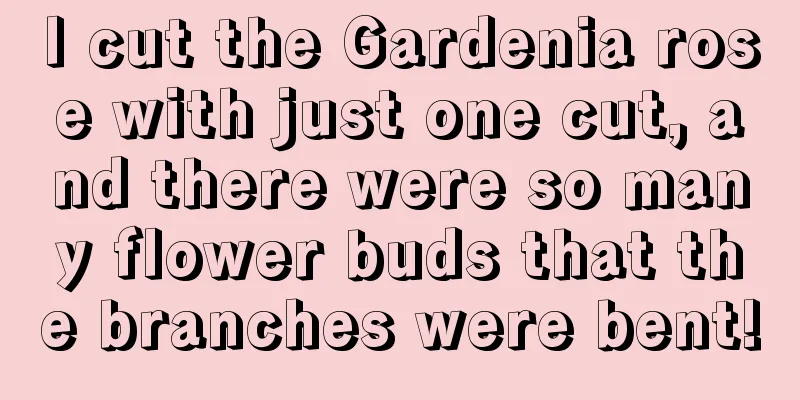What are the cultivation methods and precautions of Begonia truncatum

Introduction to Iron BegoniaThe iron begonia, also known as the qilin thorn and tiger thorn, is a plant of the Euphorbiaceae family and the Euphorbia genus. It has many branched stems with longitudinal ridges on them. The leaves are alternate and grow on young branches. They are obovate or oblong-spoon-shaped. The seeds are ovoid and gray-brown. It is propagated by cuttings and is very easy to root. Cultivation method of Begonia truncatumBegonia iron tree likes warm, sunny environment, is not drought-resistant, avoids moisture, and is afraid of cold. It can safely overwinter if the room temperature is above 3℃ in winter. If the temperature is above 15 degrees and there is sufficient light, it can continue to bloom. It is suitable for planting in loose, well-drained sandy soil. It requires sufficient sunlight during the flowering period, and a thin fertilizer should be applied once every half a month. Begonia needs sufficient light during its growth period and is suitable for maintenance in sunny places. With enough fertilizer and temperature, it can continue to bloom in winter. The soil can be prepared by mixing humus and sand. The potting soil should be repotted every 2-3 years. The potting soil should be dry and avoid moisture. Too much watering will cause root rot. Watering methodThe iron begonia is relatively drought-resistant but not tolerant to waterlogged environments. It does not need to be watered too much at normal times. If the soil in the pot is too moist, it will cause root rot. It does not need to be watered too much during the flowering period, otherwise it will cause the flowers to fall off. Fertilization methodThe requirements of the iron hibiscus for fertilizer are not high. Do not apply concentrated fertilizer or raw fertilizer, and do not apply too much nitrogen fertilizer, otherwise the branches and leaves will grow too long and affect flowering. It is enough to apply fertilizer 2-3 times in spring and once every 20-30 days in autumn. Pruning methodsIn fact, in many cases, flower lovers have to prune the iron begonia because the plant is large and they have no choice but to do it. The iron begonia has the habit of blooming on the top branches. Timely pruning can increase the branches and achieve the purpose of more flowering. In June and July after flowering, the diseased branches, overgrown branches, and weak branches should be cut off. Matters Needing Attention in Cultivating BegoniaBegonia is a sun-loving plant, but it cannot tolerate strong light. Too strong light in summer will burn the plant. It is best to keep it in a well-ventilated semi-shaded place. In addition, when fertilizing, control the application of nitrogen fertilizer and pay attention to nutritional balance, which is beneficial to growth and flowering. |
<<: How to prune camphor trees
Recommend
Maintenance methods of potted flowers in autumn
Maintenance methods of potted flowers in autumn S...
What to do if the leaves of Poinsettia turn black
The leaves of Poinsettia turn black, which means ...
How to plant white crystal chrysanthemum
1. Planting time The suitable seasons for plantin...
When to plant winter spinach?
Spinach is considered one of the most nutrient-de...
How many years does it take to harvest angelica?
Angelica , the root part of the Angelica sinensis...
When is the best time to propagate Christmas cactus by cuttings (tips to increase the survival rate of cuttings)
In fact, the best time for Christmas cactus cutti...
How to divide the seedlings of Murraya paniculata
1. Timing of dividing the pot When the seedlings ...
How to grow Mingyue succulent well
Mingyue succulent growing conditions The suitable...
What is the best fertilizer for tomatoes?
When to fertilize tomatoes After the tomato inflo...
How to grow Lespedeza well
1. Maintenance methods 1. Temperature: It has a v...
Maintenance methods of potted apricot flowers
Selection of apricot flower varieties If you want...
How often should indoor flowers and plants be watered?
1. How many days should I water? 1. Variety: How ...
How to grow water bamboo well?
In traditional Chinese culture, people believe in...
How often should I water the small-leaf red sandalwood? Watering precautions
How often should I water the small-leaf red sanda...
Is it profitable to grow flowers and plants? How much profit can you make from growing flowers and plants?
Is planting flowers profitable? Currently, more a...









